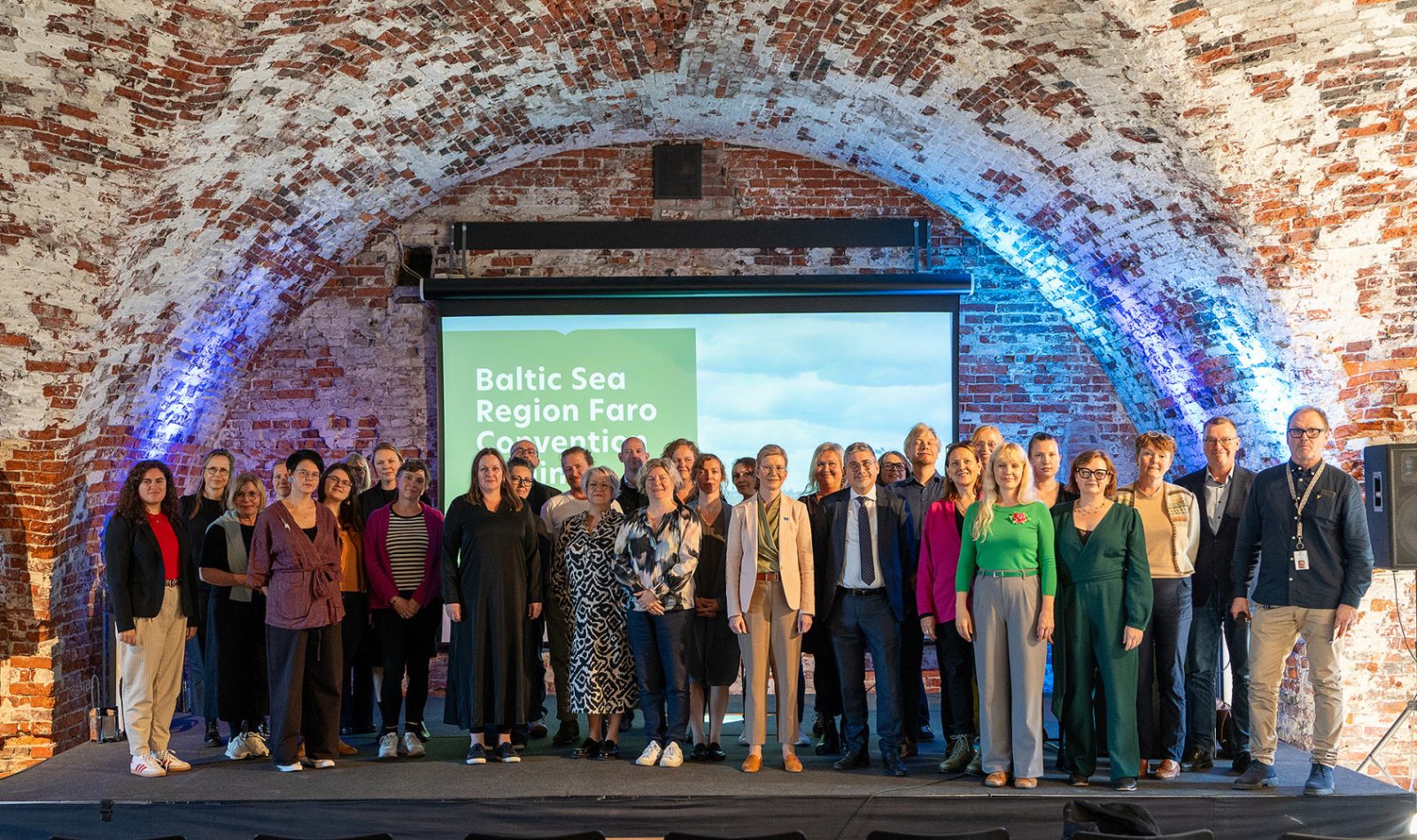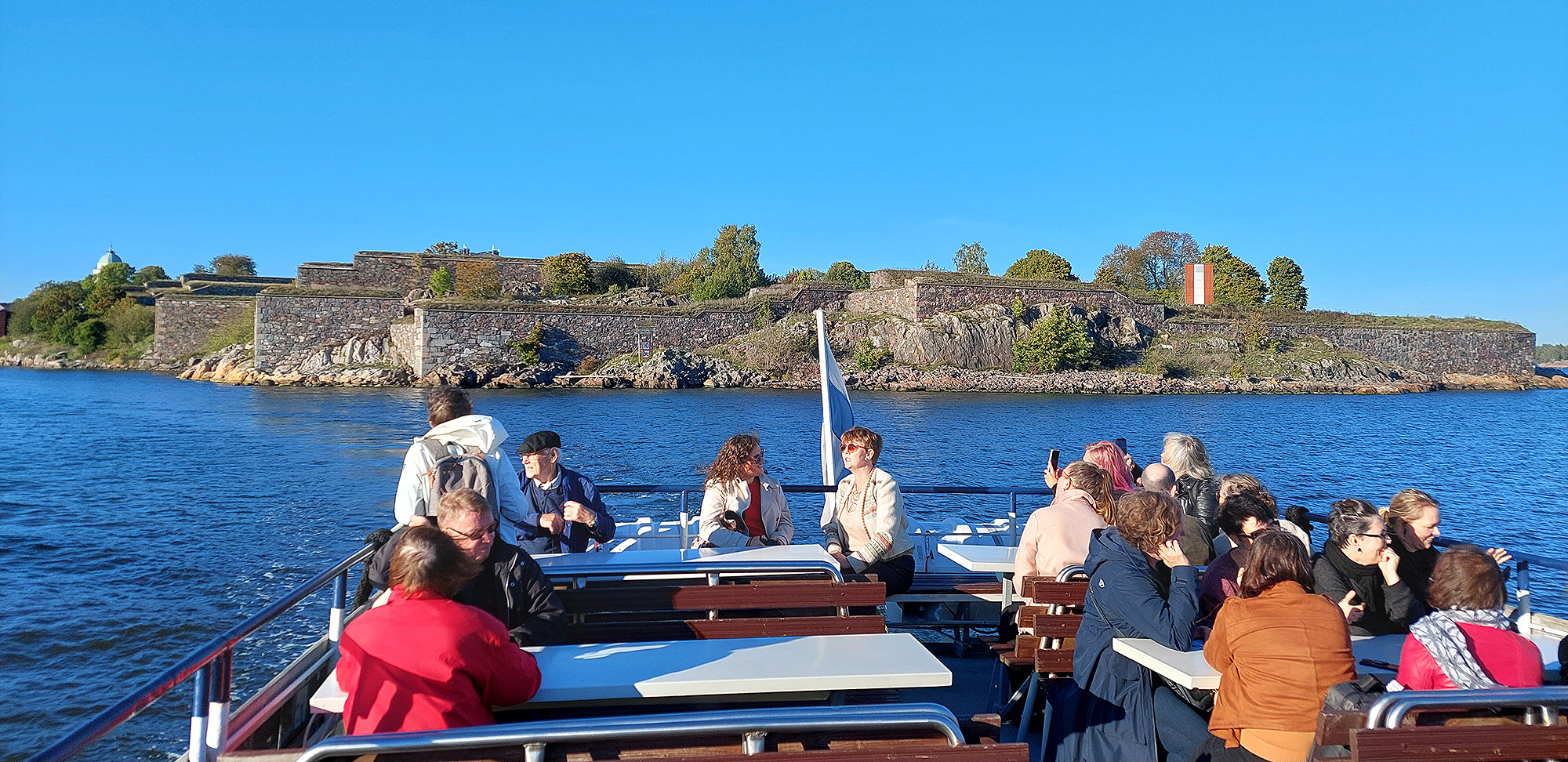
Faro seminar inspired cultural heritage work in the Baltic Sea region
On 19-20 September 2024, the Finnish Heritage Agency, in cooperation with the Council of Europe, organised a seminar to discuss the practical application of the principles of the Faro Convention. How has the Convention been implemented and what has been achieved? What challenges have been encountered and what solutions have been found?
The seminar was the second Faro seminar focusing on Baltic Sea Region. It was attended by some 160 experts and representatives of administrations and organisations from 13 countries, some on the spot at Suomenlinna Sea Fortress and some via the web.
The Faro Convention, i.e. the Convention on the Value of Cultural Heritage for Society, is based on the Council of Europe's cornerstones: human rights and democracy. Finland acceded to the Convention in 2018. The Faro Convention challenges public administrations to reflect on how to enable sustainable participation and influence in the definition and safeguarding of cultural heritage and encourages those working with cultural heritage to assess the relevance of their own activities to society.

The role of public administrations, creative thinking, and ways of working together were discussed by presentations from Finland, Estonia, Norway, and the Netherlands. The EMYA award-winning Kalamaja Museum in Tallinn, for example, was inspiring, as its contents – and indeed the museum as a whole – have been built together with the local community. From Finland, the Finnish Local Heritage Federation (Kotiseutuliitto) presented the award-winning and highly commended Masters and Apprentices project (site available only in Finnish).
Thanks to the seminar, the importance of cooperation in the Baltic Sea region was raised. There is a need for further regional cooperation in the spirit of Faro. The agreement was found to be not only an excellent policy framework, but also a great sparring tool! There was a sense of enthusiasm: the examples presented were a good illustration of how cultural heritage strengthens community and well-being.
You can watch the recording below with subtitles in English.